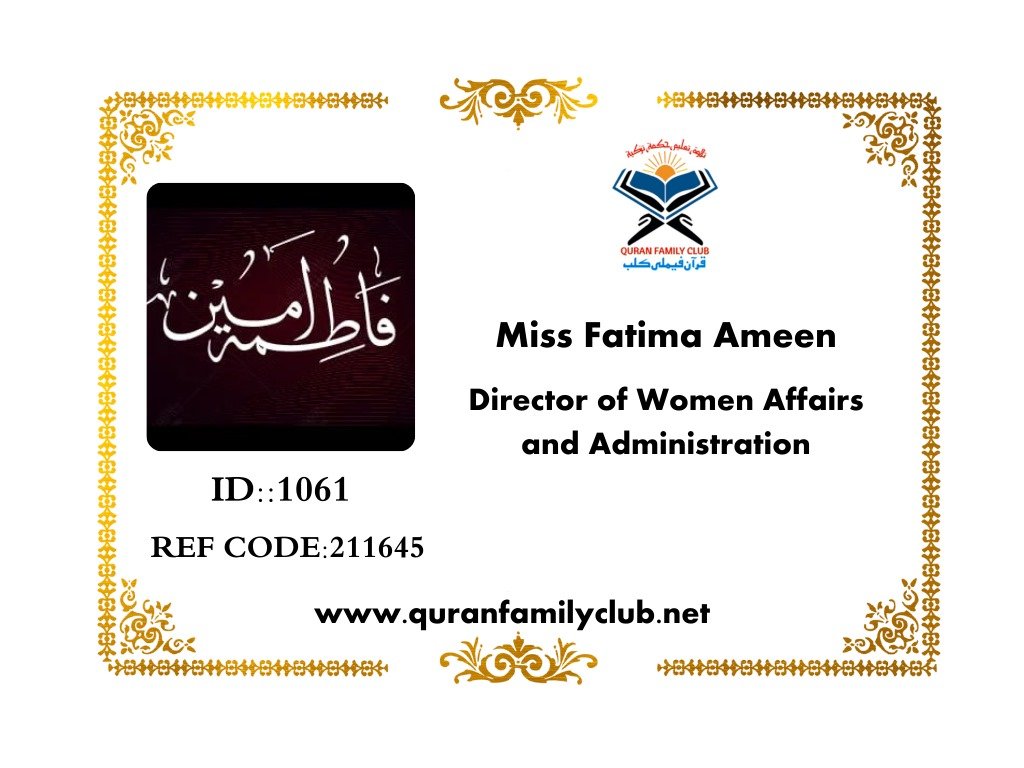

Quran Recitation
Discover the art of beautifying your Quranic recitation with essential Tajweed rules, pronunciation techniques, and practical exercises to enhance clarity and fluency.
How to Beautify Your Quranic Recitation?
The Quran is the divine word of Allah, and reciting it with precision and beauty is a responsibility and a source of immense reward. Many individuals, including children and women, aspire to improve their Quranic recitation but often struggle with pronunciation and fluency. This article will guide you through essential techniques to enhance the beauty of your recitation, ensuring clarity and devotion in every word.
1. Understanding the Importance of Tajweed
Tajweed refers to the set of rules governing the pronunciation of Arabic letters while reciting the Quran. Learning Tajweed ensures that every letter is pronounced from its correct articulation point, preserving the meaning of the verses.
Benefits of Learning Tajweed:
✔ Enhances the clarity of recitation
✔ Prevents pronunciation errors
✔ Deepens spiritual connection with the Quran
✔ Increases confidence in recitation
2. Mastering the Pronunciation of Arabic Letters
The foundation of beautiful recitation lies in correctly pronouncing Arabic letters. Many non-Arabic speakers struggle with differentiating between similar-sounding letters.
Tips for Perfect Pronunciation:
Learn the Makharij al-Huruf (articulation points)
Practice reciting letters individually before combining them into words
Listen to expert Qaris (reciters) and mimic their pronunciation
3. Practicing Proper Breath Control
Breath control plays a crucial role in fluency and smooth recitation. Shortness of breath can disrupt the flow, making the recitation less melodious.
Exercises for Better Breath Control:
Deep breathing exercises to strengthen lung capacity
Practicing long vowel sounds (Madd) to sustain airflow
Reciting longer verses slowly to develop endurance
4. Applying Tajweed Rules for Elegance
Several Tajweed rules contribute to the rhythmic and melodious flow of recitation.
Essential Tajweed Rules to Learn:
Noon Saakin and Tanween – Rules for merging, hiding, or emphasizing certain sounds
Meem Saakinah – Proper pronunciation of the letter Meem
Qalqalah – Bouncing sound for letters ق، ط، ب، ج، د
Ghunnah – Nasal sound prolongation in specific situations
Practicing these rules daily will significantly refine your recitation style.
5. Enhancing Melody and Rhythm in Recitation
Adding a beautiful rhythm to your recitation requires a balance between pronunciation and melody.
Ways to Improve Melody:
Listening to renowned Qaris such as Sheikh Sudais, Mishary Rashid, and Abdul Basit
Practicing recitation in different Tarteel (slow) and Mujawwad (melodic) styles
Recording your recitation and assessing improvements
6. Utilizing Online Resources for Learning
With technological advancements, learning Tajweed and Quranic recitation has become more accessible.
Best Online Resources:
Quran Family Club LMS – Offers structured online Tajweed and recitation courses
YouTube Channels – Many qualified scholars provide free lessons
Tajweed Apps – Interactive applications for letter pronunciation and Tajweed practice
7. Consistency and Seeking Guidance
Like any skill, mastering Quranic recitation requires continuous practice and expert guidance.
Tips for Consistent Improvement:
Dedicate at least 15-20 minutes daily for Tajweed practice
Join Quran recitation circles or online classes
Seek feedback from experienced teachers
Conclusion
Beautifying Quranic recitation is a journey of dedication and spirituality. By mastering Tajweed, improving pronunciation, and consistently practicing, anyone can develop a melodious and fluent recitation. Whether you are a beginner or an advanced learner, embracing these techniques will bring you closer to the Quran and its divine message.
🚀 Start your journey towards mastering Quranic recitation today!
Comments







.png)
.png)


.png)



.png)
.png)





Reply to Comment